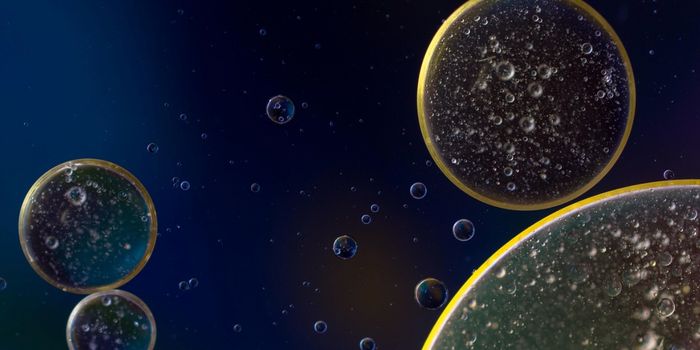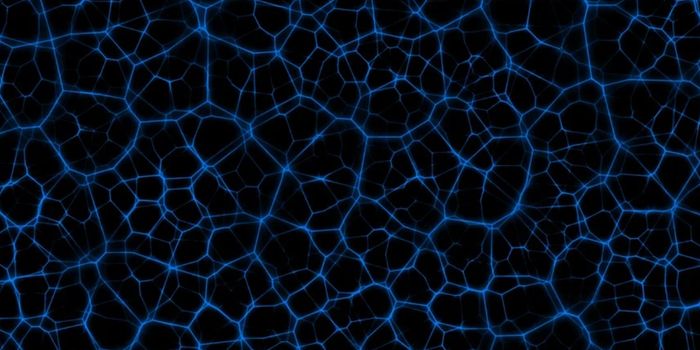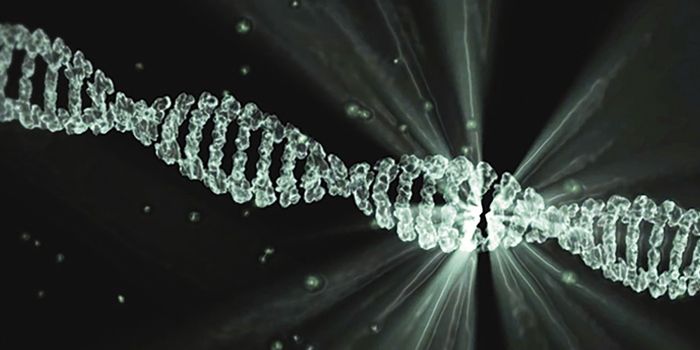A Plant Metabolite Prevents Biofilm Formation
Some tenacious microbes can be very difficult to eliminate once they form biofilms, which are microbial communities that grow on surfaces. They are considered to be a major contributor to global health problems, because they lead to persistent infections. Researchers have now identified a plant metabolite called MEcPP that can disrupt biofilm formation. In plants, this metabolite helps generate critical molecules and is related to biochemical signaling. But it can also stop Escherichia coli bacteria from forming biofilms; MEcPP prevents E. coli from sticking to surfaces, which is a critical first step in biofilm formation. The findings have been reported in Nature Communications.
This work showed that MEcPP boosts the activity of a bacterial gene called fimE, which can stop the production of a molecule called fimbriae, which disrupts bacterial attachment, and thus, prevents biofilm formation.
"Biofilms are like fortresses for bacteria," said first study author Jingzhe Guo, University of California Riverside (UCR) project scientist. "By disrupting the initial phase of attachment, MEcPP essentially disarms the bacteria's ability to establish these fortresses."
Almost all bacteria can create biofilms, though biofilms may be composed of a single microbial community, or a large mix of various microbes including bacteria, archaea, fungi, and protozoa. They can grow on many surfaces, including almost any medical device and surfaces in the human body, like the airways, teeth, intestinal mucosa and bone.
There are a series of steps in biofilm formation, the first of which is attachment. Once bacteria have attached, molecules they secrete begin to form and support the biofilm, and once these tough microbial communities have attached, they become almost impossible to remove.
Biofilms can also gain abilities that individual microbes don't have, like increased drug resistance. They are especially problematic for medical devices, which are frequently colonized and contaminated by tough biofilms.
"By preventing the early stages of biofilm development, this molecule offers real potential to improve outcomes in any industries reliant on clean surfaces," said corresponding study author Katayoon Dehesh, a distinguished professor of molecular biochemistry at UCR.
"Our discovery could inspire biofilm prevention strategies across a wide range of industries," Guo said. "From cleaner water systems to better dental care products, the possibilities are immense."
Sources: University of California Riverside, Nature Communications









